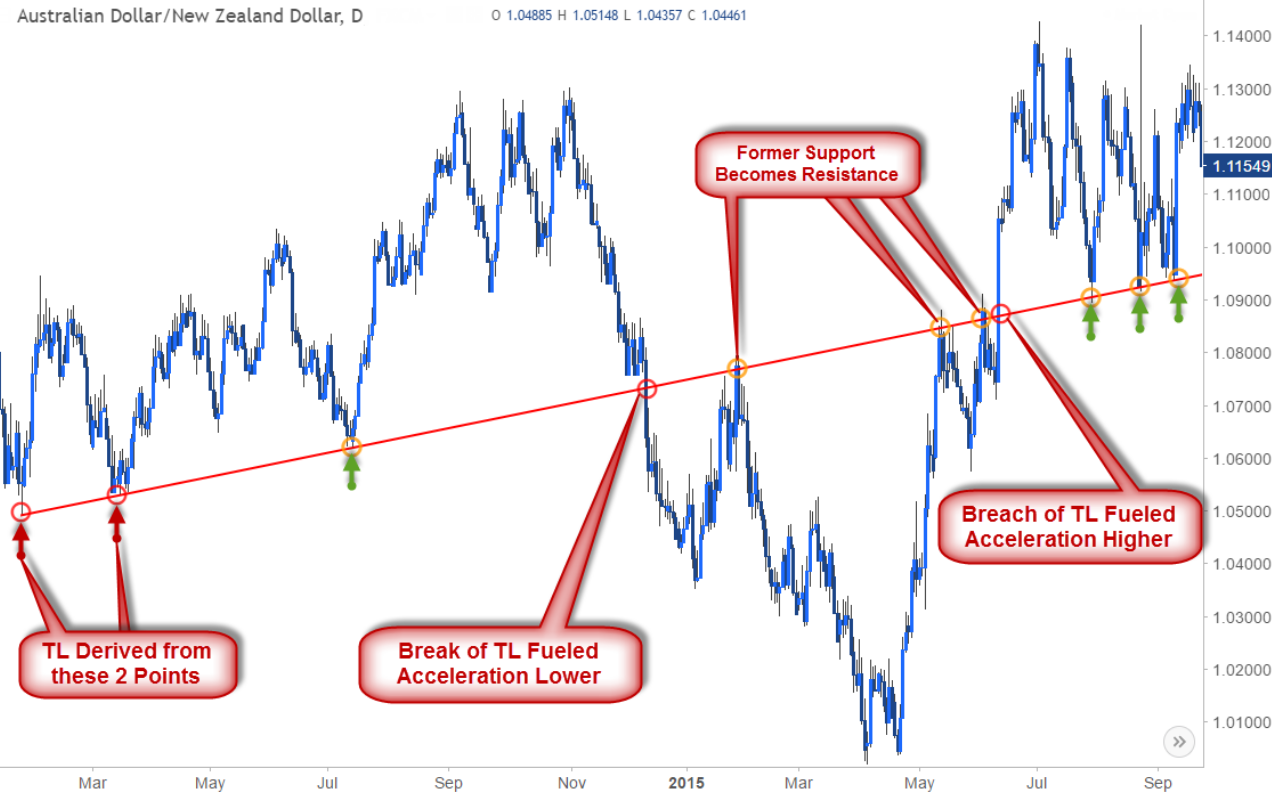to mobilize money from investors, to invest in different markets and securities,
in line with the investment objectives agreed upon, between the mutual fund and the investors. In other
words, through investment in a mutual fund, an investor can get access to markets that may otherwise
be unavailable to them and avail of the professional fund management services offered by an asset
management company.
Mutual funds perform different roles for the different constituents that participate in it.
Their primary role of Mutual Fund in
Financial Market is to assist investors in earning an income or building their wealth, by participating in
the opportunities available in various securities and markets. It is possible for mutual funds to structure
a scheme for different kinds of investment objectives. Thus, the mutual fund structure, through its
various schemes, makes it possible to tap a large corpus of money from investors with diverse
goals/objectives.
Therefore, mutual funds offer different kinds of schemes to cater to the need of diverse investors. In the
industry, the words ‘fund’ and ‘scheme’ are used interchangeably. Various categories of schemes are
called “funds”. In order to ensure consistency with what is experienced in the market, this workbook
goes by the industry practice. However, wherever a difference is required to be drawn, the scheme
offering entity is referred to as “mutual fund” or “the fund”.
The money that is raised from investors ultimately benefits governments, companies and other entities,
directly or indirectly, to raise money for investing in various projects or paying for various expenses.
The projects that are facilitated through such financing, offer employment to people; the income they
earn helps the employees buy goods and services offered by other companies, thus supporting projects
of these goods and services companies. Thus, overall economic development is promoted.
LEARNING OBJECTIVES:
After studying this chapter, you should know about: Concept and role of
Mutual Funds Advantages and disadvantages of mutual funds for investors Types of mutual fund schemes A key development in the mutual fund industry over the years
14
As a large investor, the mutual funds can keep a check on the operations of the investee company, and
their corporate governance and ethical standards.
The mutual fund industry itself offers livelihood to a large number of employees of mutual funds,
distributors, registrars, and various other service providers.
Higher employment, income, and output in the economy boosts the revenue collection of the
government through taxes and other means. When these are spent prudently, it promotes further
economic development and nation building.
Mutual funds can also act as a
Market Stabilizer, in countering large inflows or outflows from foreign
investors. Mutual funds are therefore viewed as a key participant in the capital market of any economy
Mutual funds seek to mobilize money from all possible investors. Various investors have different
investment preferences and needs. In order to accommodate these preferences, mutual funds mobilize
different pools of money. Each such pool of money is called a mutual fund scheme.
Every scheme has a pre-announced investment objective. Investors invest in a mutual fund scheme
whose investment objective reflects their own needs and preference.







